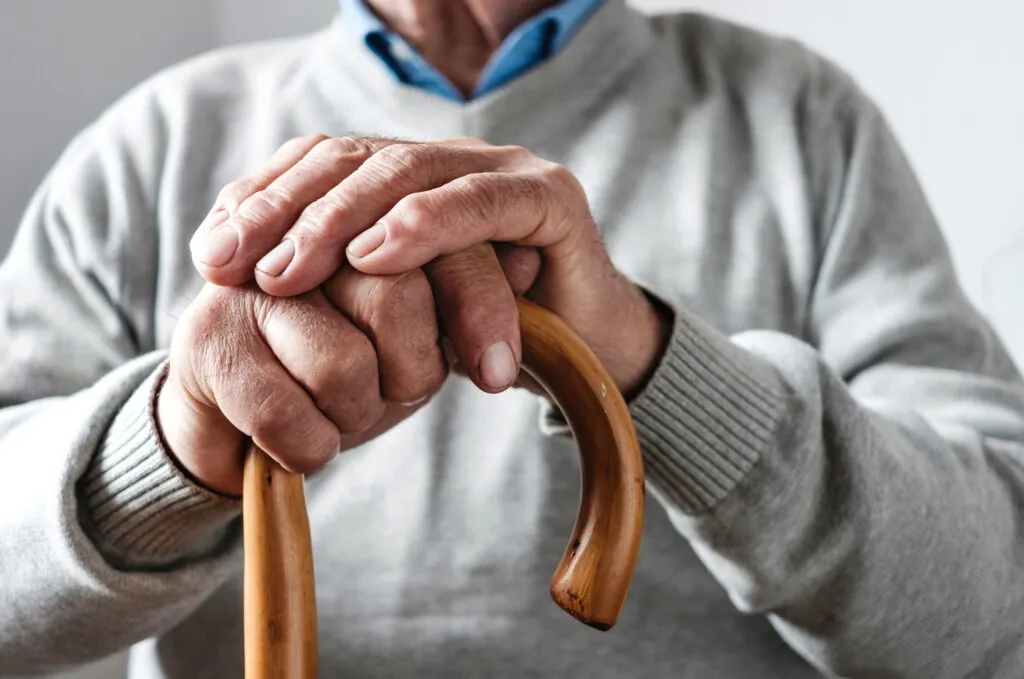Legal Approach to Psychological Abuse in Nursing Homes
Psychological abuse in nursing homes is a serious concern that can significantly impact the mental and emotional well-being of elderly residents. This form of abuse includes verbal harassment, threats, intimidation, isolation, and other behaviors that cause emotional distress. In Florida, where a significant portion of the population resides in nursing homes, addressing psychological abuse is crucial to ensuring the safety and dignity of these vulnerable individuals.
Psychological abuse can often be more insidious and harder to detect than physical abuse, making it imperative for family members, caregivers, and legal professionals to remain vigilant. The mental health repercussions of such abuse can lead to severe anxiety, depression, and a diminished quality of life.
To combat this, Florida has established a robust legal framework to protect nursing home residents from psychological abuse. This article provides a comprehensive overview of Florida’s laws and regulations regarding psychological abuse in nursing homes, highlighting the role of Rafferty Domnick Cunningham & Yaffa in advocating for victims and ensuring justice.
Legal Definitions and Recognitions of Psychological Abuse in Florida
In Florida, psychological abuse in nursing homes is explicitly recognized and defined by state statutes and regulations. According to Florida law, psychological abuse encompasses acts that inflict mental or emotional anguish, distress, or fear on a resident. This includes verbal assaults, threats, harassment, and other forms of non-physical harm that can detrimentally affect a resident’s mental health.
Florida’s legal framework distinguishes psychological abuse from physical abuse, neglect, and exploitation, ensuring that all forms of mistreatment are addressed appropriately. Recognizing the signs and symptoms of psychological abuse is essential for enforcement. These signs can include sudden changes in behavior, withdrawal from social activities, depression, anxiety, and unexplained fearfulness. Legal definitions are vital because they provide a clear standard for what constitutes abuse, guiding both the reporting and the investigative processes.
Florida’s Reporting Requirements and Procedures
Florida mandates strict reporting requirements for psychological abuse in nursing homes. Under Florida law, certain individuals, including healthcare professionals, facility staff, and family members, are required to report any suspected abuse. Mandatory reporting laws are designed to ensure that abuse is promptly identified and addressed, providing a safeguard for residents who might be unable to report abuse themselves due to fear or incapacity.
Identification and Documentation
The reporting process involves several steps:
Identification
Recognizing the signs of psychological abuse. This step is critical as psychological abuse is often less visible than physical abuse. Training for staff and education for families are essential components in improving identification rates.
Documentation
Recording details of the observed or suspected abuse. Proper documentation is vital for building a case and ensuring that all instances of abuse are taken seriously. This includes noting dates, times, specific behaviors, and any witnesses.
Notification Process
Once psychological abuse is identified and documented, it must be reported to the appropriate authorities. Family members and friends of nursing home residents should also be vigilant and report any suspected abuse. Timely reporting can prevent further harm and initiate the process of investigation and intervention. Reports can be made to the Florida Department of Elder Affairs, local law enforcement, or Adult Protective Services, ensuring a coordinated response to protect the resident.
Investigation and Enforcement Mechanisms
Once a report of psychological abuse is made, several state agencies are responsible for investigating the allegations. The Florida Department of Elder Affairs, along with local law enforcement and Adult Protective Services, plays a critical role in ensuring that reported cases are thoroughly investigated.
Investigation Process
The investigation process typically involves:
- Initial Assessment: Determining the validity of the report and the immediate safety of the resident. This may involve interviews with the resident, staff, and other residents, as well as reviewing medical and facility records.
- Detailed Investigation: Collecting evidence, interviewing witnesses, and assessing the mental and emotional state of the resident. Investigators look for patterns of behavior that indicate psychological abuse and gather statements from all involved parties.
- Conclusion and Action: Based on the findings, appropriate actions are taken, which may include penalties for the perpetrators and measures to protect the victim. Actions can range from implementing corrective measures within the facility to criminal prosecution of the abusers.
Penalties and Enforcement Actions
Penalties for those found guilty of psychological abuse can range from fines and sanctions to criminal charges, depending on the severity of the abuse. Nursing homes found to be non-compliant with state regulations may face additional penalties, including loss of licensure. Enforcement actions serve both to punish offenders and to deter future abuse, promoting a safer environment for all residents.
Rights and Legal Recourse for Victims
Nursing home residents in Florida have specific rights and legal protections designed to safeguard their well-being. These rights include the right to live in a safe environment, free from abuse and neglect, and the right to receive respectful and dignified care.
Legal Actions and Support Services
Victims of psychological abuse, and their families, have several avenues for legal recourse. They can:
- File Complaints: Submit complaints to state regulatory agencies, which will trigger investigations. This process ensures that allegations are formally addressed and that the nursing home is held accountable.
- Seek Legal Action: Pursue civil lawsuits against the abusers and the nursing home facility. Legal action can provide compensation for damages and further penalize the facility for failing to protect its residents.
- Access Support Services: Utilize victim support services provided by state and non-profit organizations. These services offer counseling, advocacy, and other resources to help victims recover and rebuild their lives.
Role of Rafferty Domnick Cunningham & Yaffa
Rafferty Domnick Cunningham & Yaffa plays a pivotal role in supporting victims of psychological abuse in nursing homes. Our experienced attorneys offer compassionate and dedicated legal assistance to victims and their families, ensuring that their rights are upheld and justice is served. We guide clients through the legal process, from filing complaints and lawsuits to seeking compensation for damages. Our goal is to provide a voice for the voiceless and to hold abusers accountable for their actions.
Contact Rafferty Domnick Cunningham & Yaffa Today
Florida’s comprehensive legal framework for addressing psychological abuse in nursing homes is designed to protect some of the state’s most vulnerable residents. Understanding the definitions, reporting requirements, investigation procedures, and rights of victims is essential for ensuring that nursing home residents live in a safe and respectful environment.
Rafferty Domnick Cunningham & Yaffa is committed to advocating for the rights of nursing home residents and providing the necessary legal support to those affected by psychological abuse. By raising awareness and taking decisive legal action, we can contribute to creating safer and more compassionate nursing home environments in Florida. Reach out to us at 561-516-5168 or book a consultation online to schedule a consultation and learn more about how we can assist you.






